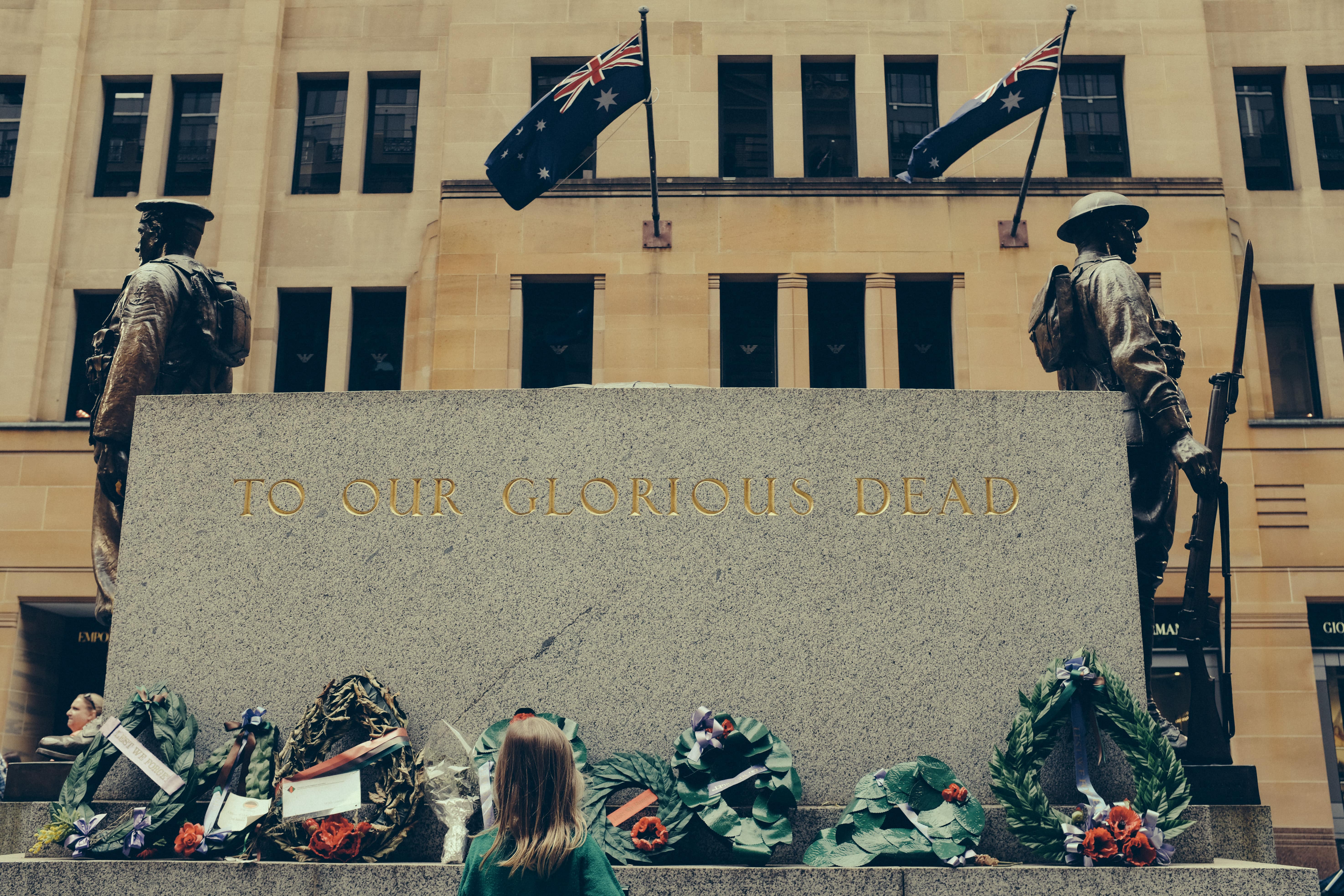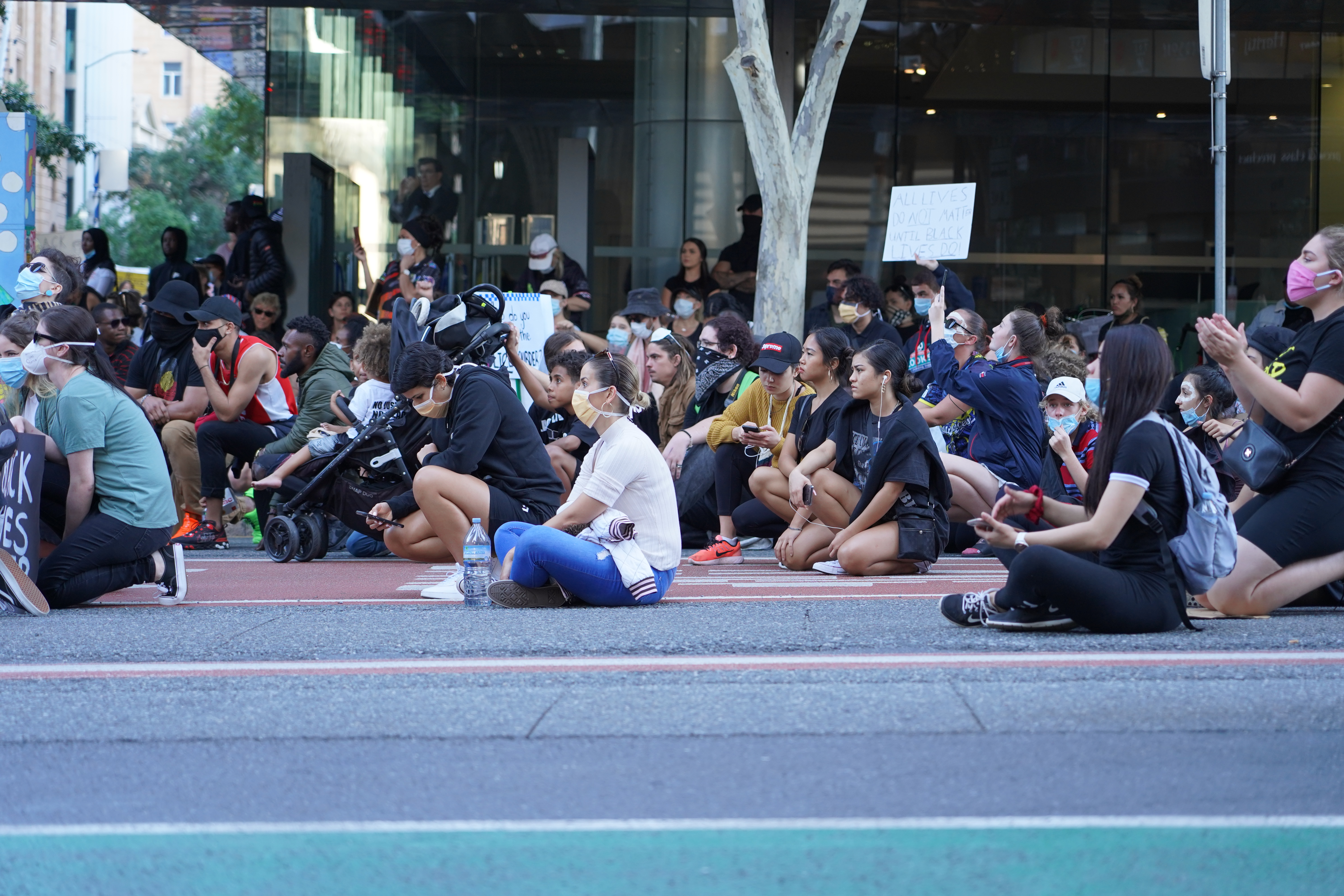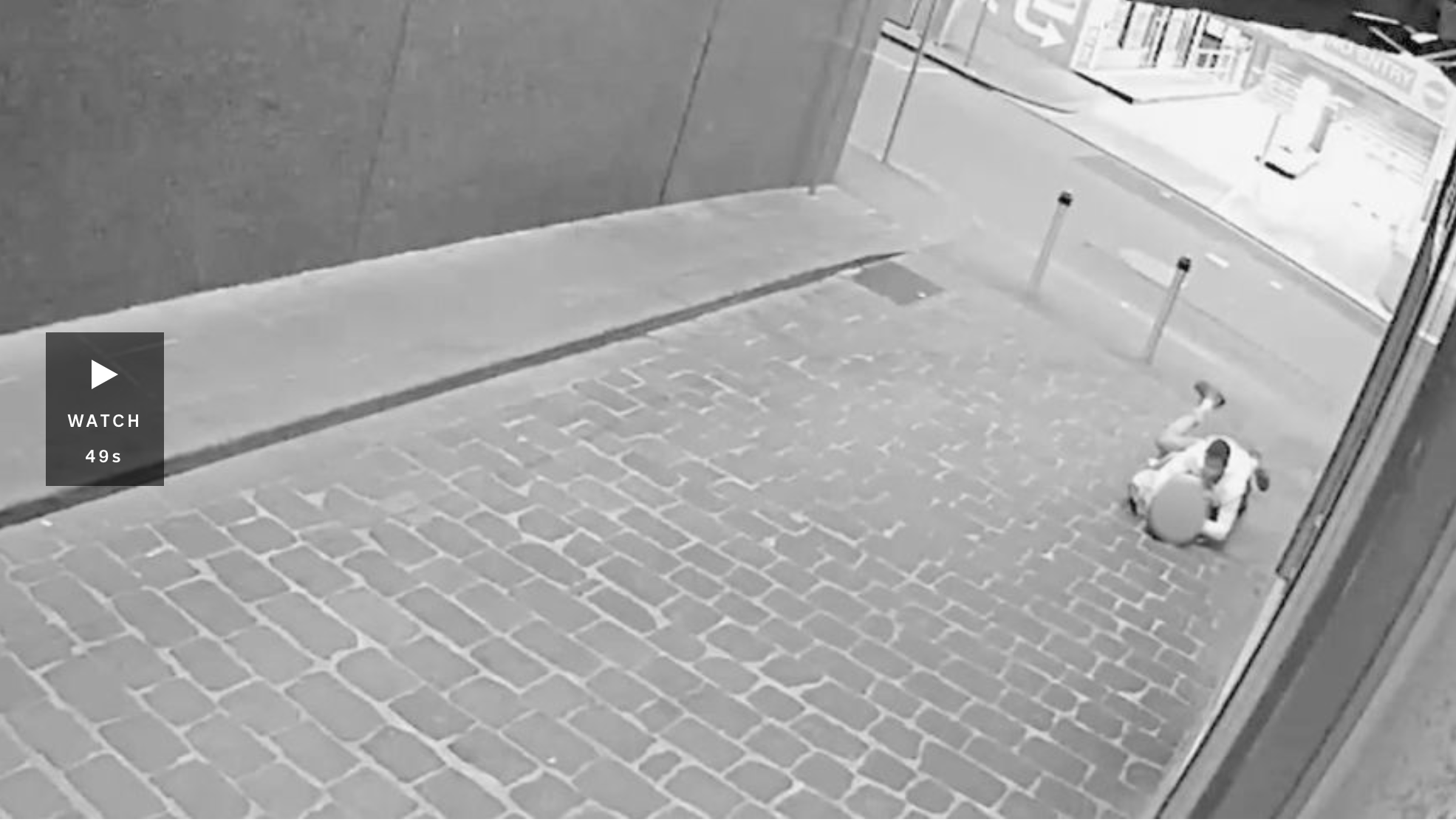A Community Correction Order is a type of penalty imposing conditions and a criminal conviction that a Magistrate or Judge in court can give for any NSW criminal or traffic offence. It’s considered a less serious type of penalty than an Intensive Corrections Order (ICO).
An ‘assessment report’ isn’t required for a Court to give a Community Correction Order unless the Judge or Magistrate wants to impose a community service work condition to it.
FAQ
If you get a community corrections order, you will be required to comply with both of the following standard conditions:
- Not to commit further offences; and
- To attend court if called on to do so at any time during the term of the community correction order.
In addition to the above 2 standard conditions, the Magistrate or Judge has the option to add any one or more of the following “additional conditions”:
- Supervision condition: where you are required to comply with being supervised by a community corrections officer.
- Community Service Work: requiring you to undertake unpaid community service work for a set number of hours. The total number of hours cannot be more than 500 hours. The Magistrate or Judge can only impose this condition if an ‘assessment report’ is ordered and obtained expressing that the offender is suitable to perform community service work.
- Rehabilitation or treatment condition: requiring you to participate with a treatment or rehabilitation program for treatment to address your risk factors such as drugs or alcohol, gambling addiction, mental health etc.
- Curfew condition: requiring you to remain in a particular location such as home for a number of hours of the day. The curfew cannot be more than 12 hours in a 24 hour period.
- Abstinence condition: requiring you to not consume alcohol or drugs.
- Non-association condition: prohibiting you from associating with a particular person or persons.
- Place restriction condition: prohibiting you from going to a particular place or area.
A community correction order cannot include conditions of home detention or electronic monitoring- only an ICO can have these conditions.
The period of time a Judge or Magistrate can require you to comply with a community correction order is up to a maximum term of 3 years.
It usually depends on the case, but a court would normally impose a CCO order for between 1 to 2 years.
The Judge or Magistrate, at the time of sentencing you, can impose additional conditions or vary or revoke any additional conditions.
The offender or the community corrections officer can apply to the court to add conditions, change any additional conditions or revoke the conditions.
However, the court can refuse to consider your application to change the conditions if there is no merit to it.
If he/she considers it appropriate, a community corrections officer can suspend the supervision condition either indefinitely or for a certain period of time.
A community corrections officer can also suspend any additional conditions involving curfew, non-association or place restriction conditions for a certain period of time.
If suspending those conditions, the community corrections officer can suspend those conditions subject to conditions or un-conditionally.
The court can call on you to attend court if it suspects that you failed to comply with any of the conditions.
If you fail to then appear in court, the court can issue a warrant to have you arrested to be brought to court in respect to the suspected breach.
If the court is satisfied that you breached a condition of a community correction order, the court can do any one of the following:
- Take no action at all; or
- Change or revoke any of the additional conditions or add further additional conditions; or
- Revoke the community corrections order. This means the court can reopen the original offence and sentence you again. See below for further details on what happens if it gets revoked.
If your community correction order gets revoked by the Court after breaching it, the court can re-sentence you for the offence you initially got the community correction order for.
The court re-sentencing you after revoking the CCO can impose the same sentence with the same or additional conditions on you, or it may give you a harsher penalty sentence, such as an intensive correction order (ICO) or full time prison. Which one of these you get will ultimately depend on how you prepare your sentence.
Before the Court can impose a CCO order on you, the safety of the victim must first be considered by the Magistrate or Judge if the offence was a domestic violence offence.
 (02) 8606 2218
(02) 8606 2218








